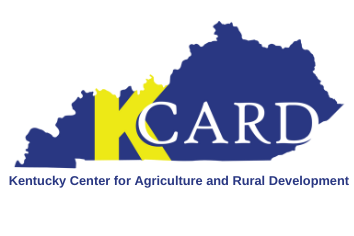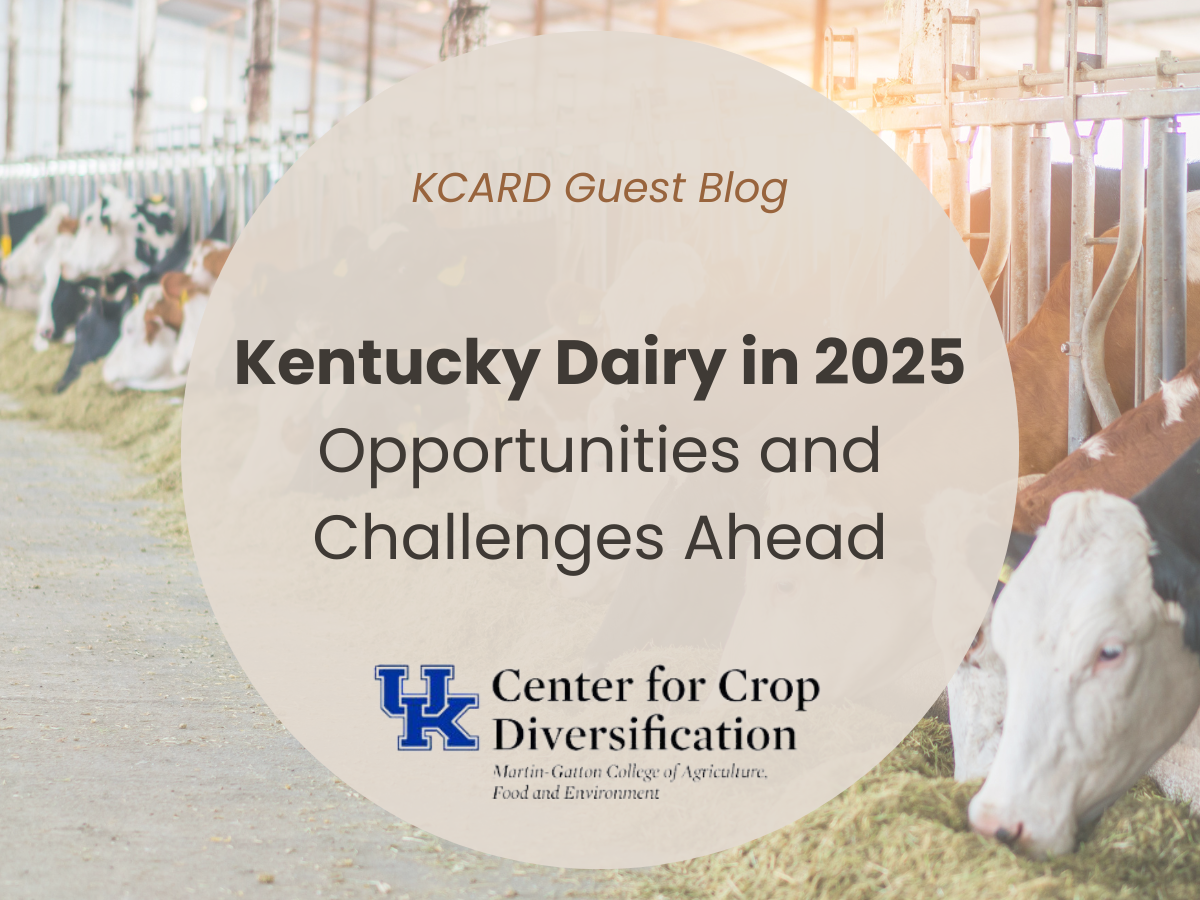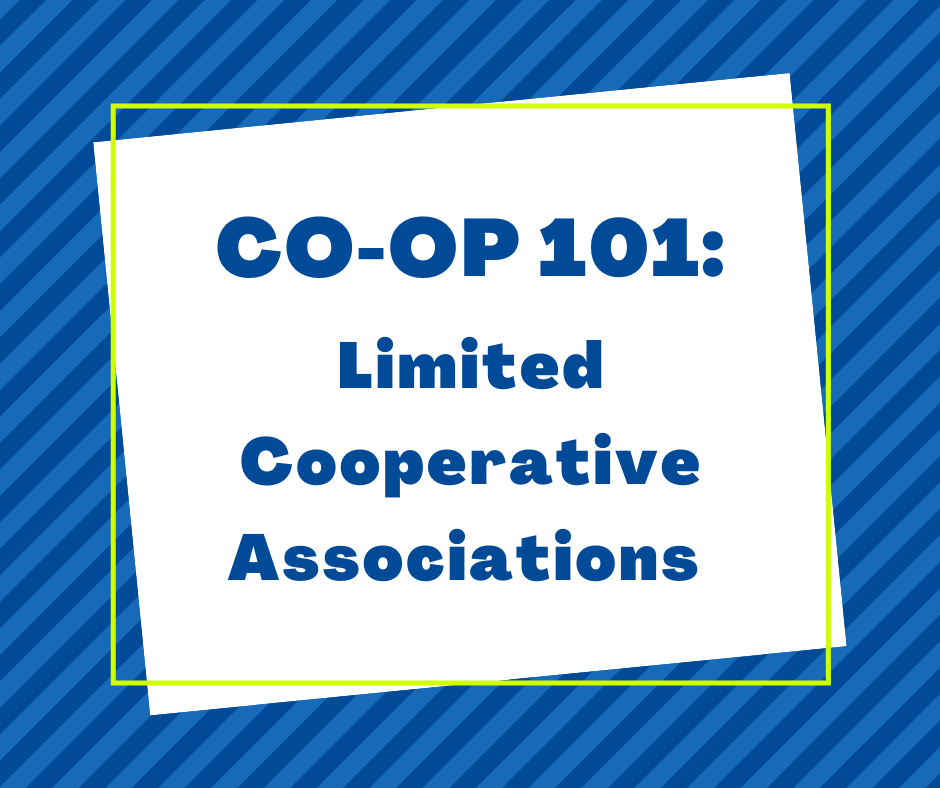Central Kentucky Grower's Assocation, which began as a vegetable marketing cooperative in 1999, has been looking ahead to new projects, including participating in the Local Food Purchase Assistance (LFPA) Program through the Kentucky Department of Agriculture. Through this program, CKGA are using their producer connections in the area to source and build food boxes that are then distributed to underserved communities across the state with a focus on Eastern Kentucky.
Cooperative Development Series
As a cooperative development center, KCARD publishes blog posts about cooperative development, including when a cooperative makes sense, how it compares to other business structures, and more! If you want to learn more about co-ops or are interested in developing a co-op, this blog series is a great place to start.
When Does A Cooperative Make Sense?
The cooperative business structure can be an effective organization, but it is not appropriate for everyone or every business idea. When deciding whether to develop a business as cooperative, there are four key factors that need to be present for the cooperative structure to be the right choice.
Farmer-Owned Cooperative Uses KCARD Services to Launch and Expand to Serve 14 States
Farmers in 14 states now benefit from the vision the founders of Kentucky Organic Farm and Feed Inc. had in 2009. From serving just two farms to farms all over the region, Kentucky Organic Farm and Feed Inc. (KOFFI) of Guthrie, Kentucky is the leading organic feed and fertilizer supplier in the area, offering 100% certified organic feed of any type to a wide variety of customers.
Co-op 101: What is a Cooperative? How can I form a Co-op?
So, what is a cooperative? A cooperative, or co-op, is an organization owned and controlled by the people who use the products or services the business produces. Cooperatives differ from other forms of businesses because they operate primarily for the benefit of the members. Co-ops, as a business structure, have a few unique advantages.
Co-op 101: Seven Ways to Improve the Odds of Success
Developing and operating a successful business is never an easy task, but operating successful cooperatives can be even more challenging due to their unique business structure and the group dynamics involved. Here are seven ways that a cooperative can improve its odds of success:
Co-op 101: Limited Cooperative Associations
In the last 20 years, several states, including Kentucky, have passed statutes that have created a new cooperative business structure, the limited cooperative association (LCA) that is a hybrid of a traditional cooperative and a limited liability company (LLCs).
Co-op 101: Types and Examples of Cooperatives
Cooperatives exist in every sector of the economy, and cooperatives range from very small, local businesses to large multi-national corporations. Cooperatives can be classified by their primary business activity. Co-ops are often categorized as marketing, supply (or purchasing), consumer, service, and worker.
Co-op 101: Who Receives the Profits in a Co-op?
The purpose of a cooperative is to provide and distribute benefits to members based on their use of the services of the cooperative. Co-op benefits may include better prices for goods, improved services, a new market for goods, or a better source of inputs. These benefits also include receiving patronage refunds (also commonly referred to as patronage dividends), which is the distribution of net profits of the business based upon the use of the co-op’s services. The patronage refund may be in the form of payment or a written notice of allocation to the member’s equity account in the co-op.
Co-op 101: Who Manages a Co-op?
The day-to-day business operations of a cooperative are for the most part no different than any other business, but one of the key differences is that people who patronize the business play an active role in its governance. Cooperatives are democracies, and they are dependent upon the active participation of its members.















